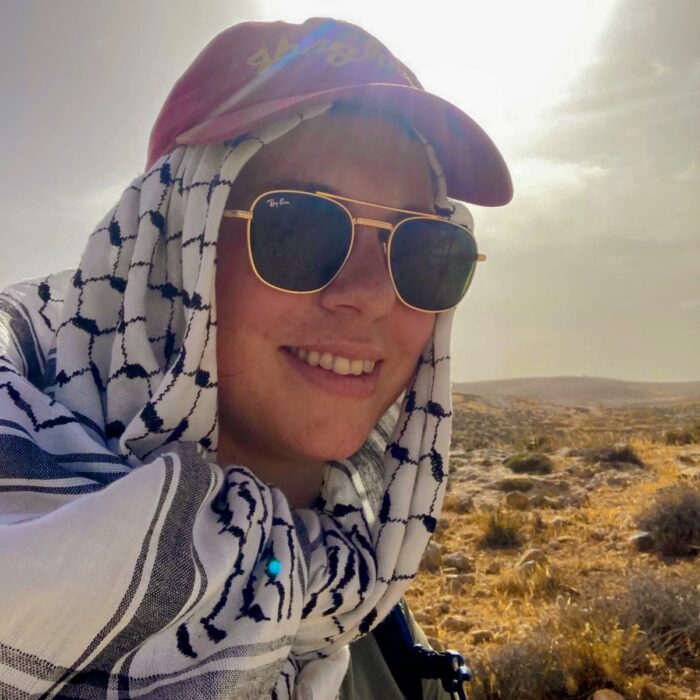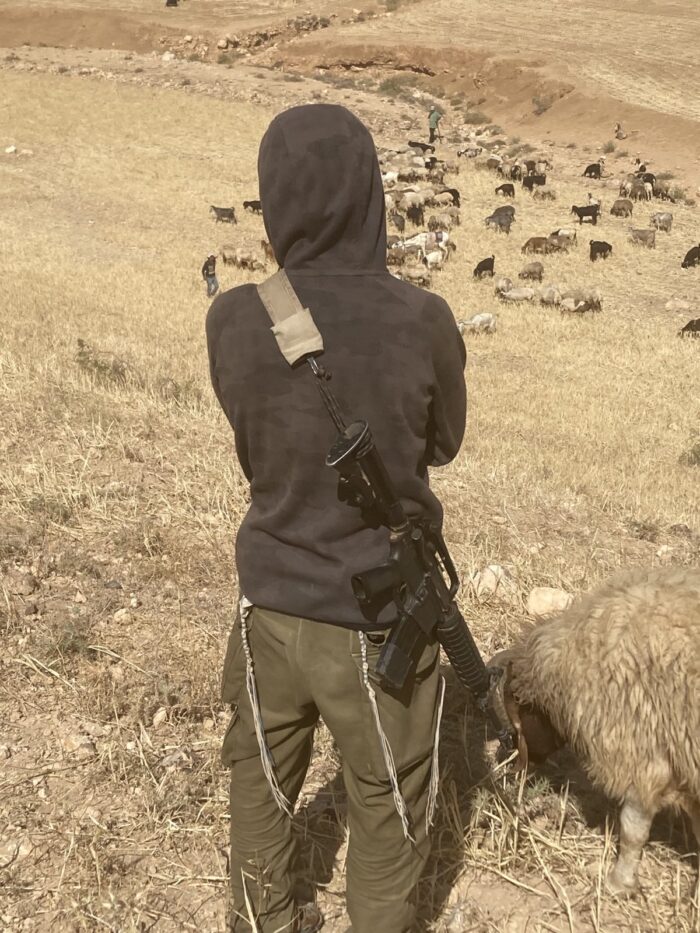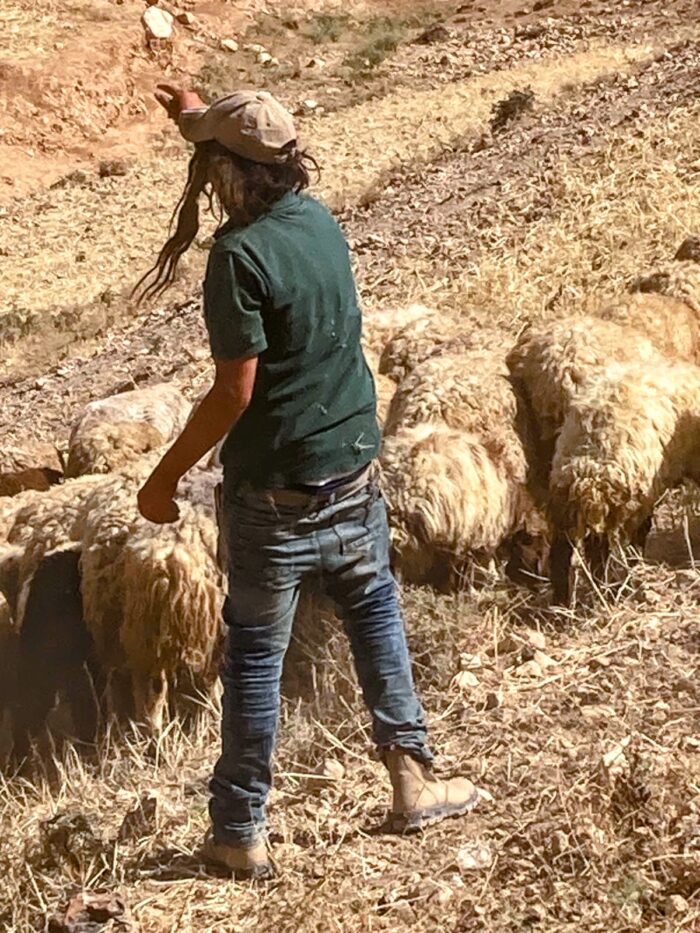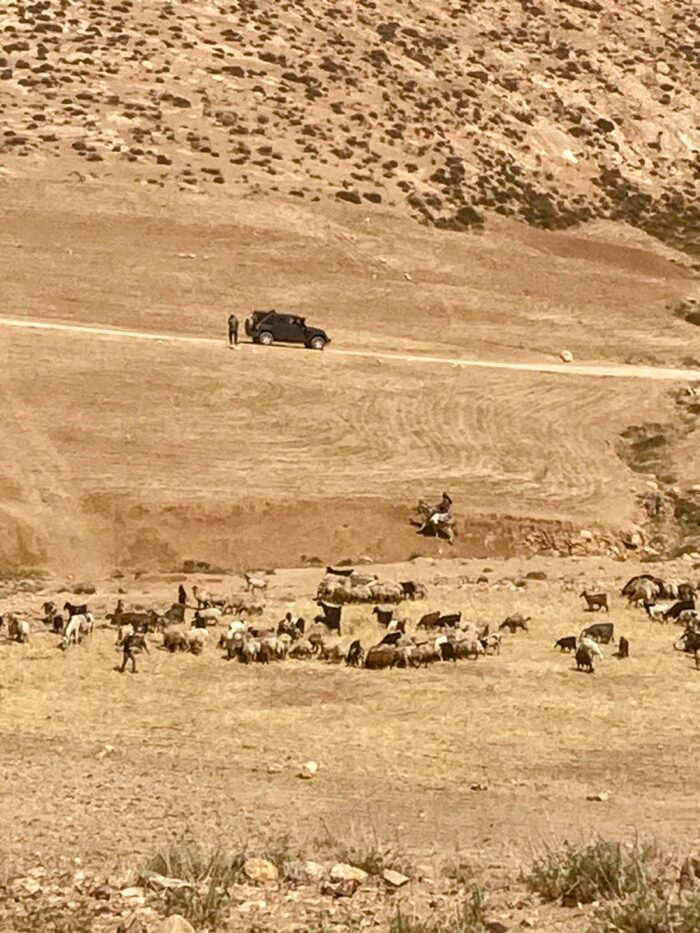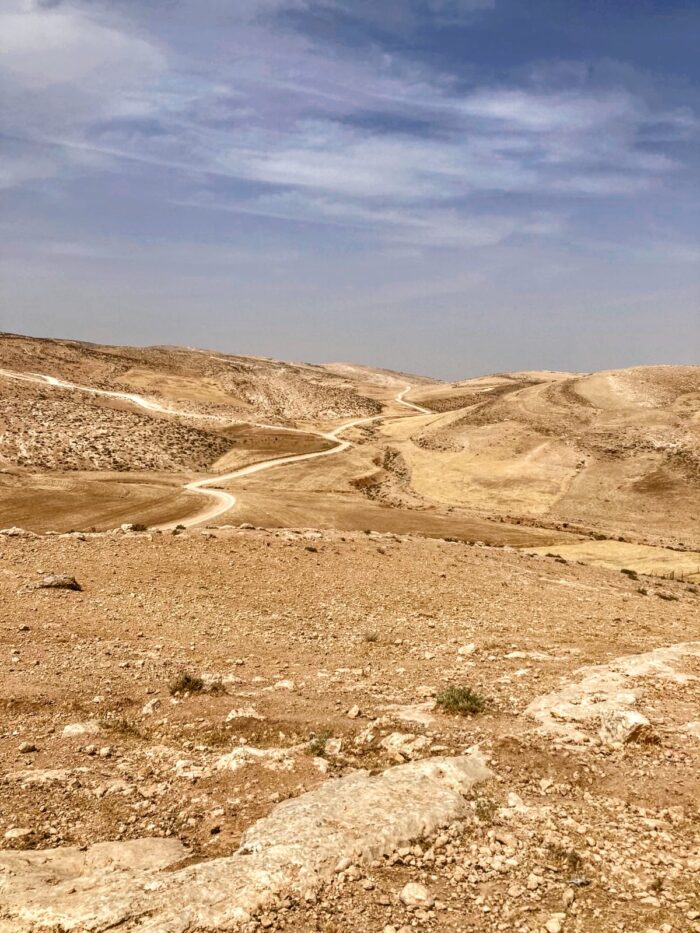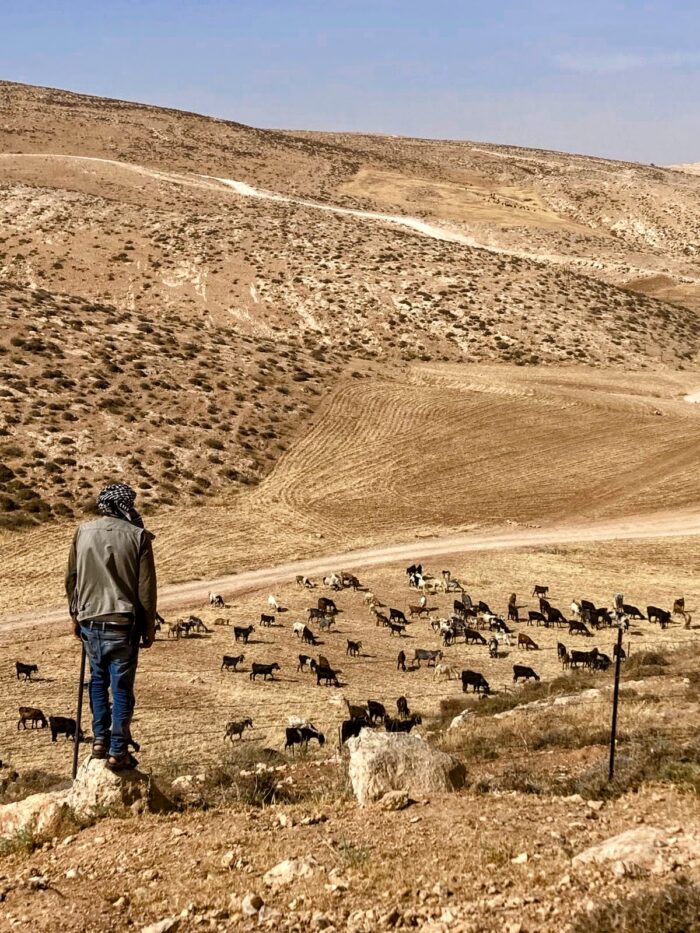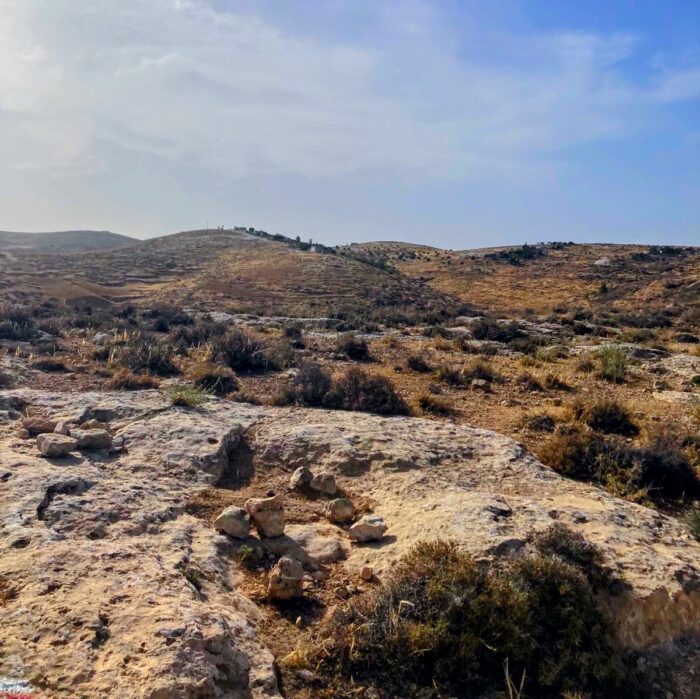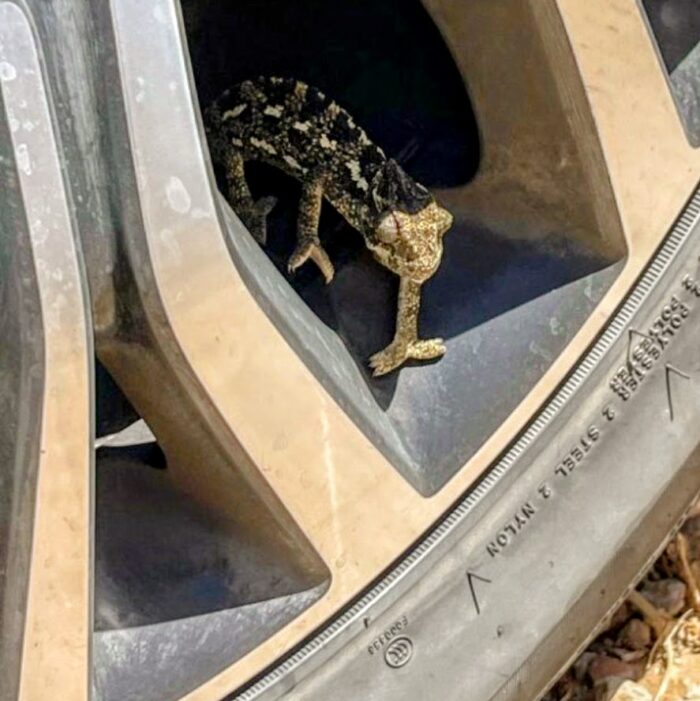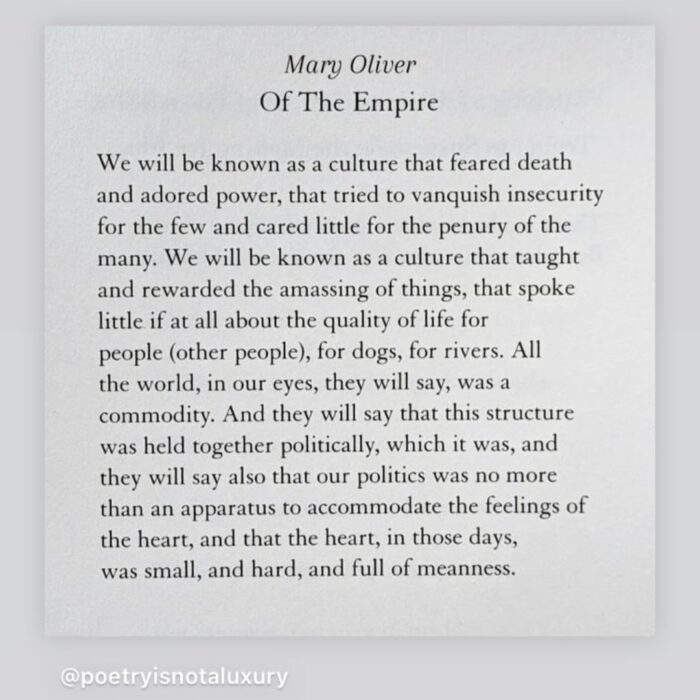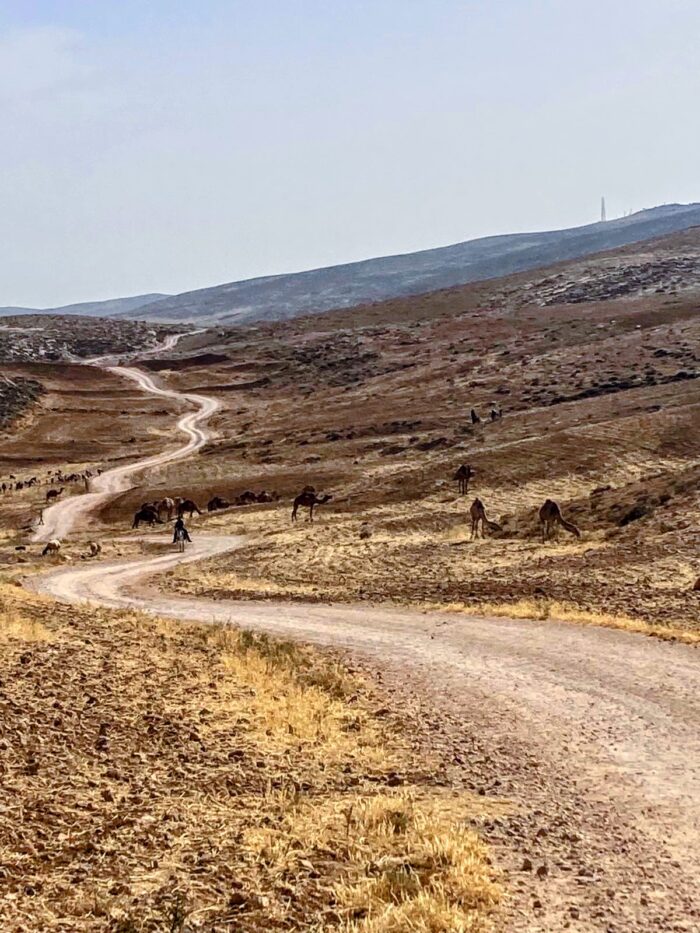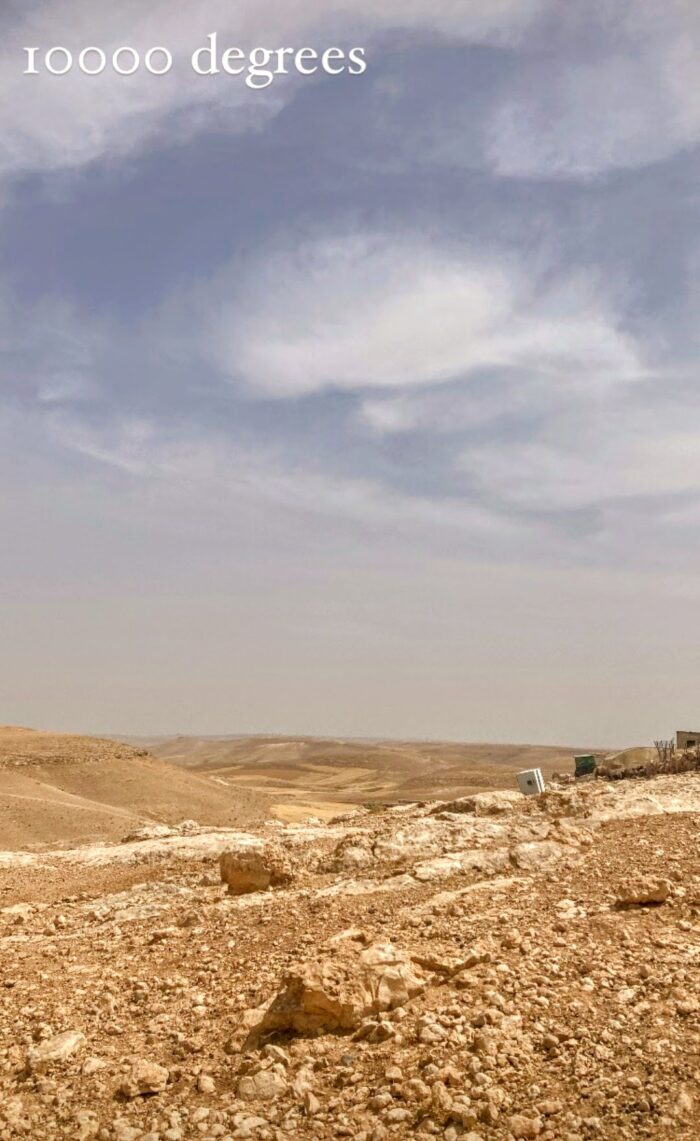After the Six Day War in 1967 the IOF began establishing firing zones in the occupied West Bank for the explicit purpose of creating opportunities for Jewish settlements. In a joint government meeting in 1981, Ariel Sharon instructed the military to use firing zones as a way to displace Palestinian residents.
Donate to sustain the work, here!
People in these zones live with constant anxiety of being evicted. Their homes can be demolished at a moment’s notice and any and all vehicles can be confiscated. Military training exercises are frequent and low-flying helicopters and drones are a common sight. Even when military training is not taking place, movement is restricted.
Masafer Yatta is in the permanent Firing Zone 918. Part of the region is in the “inactive” part, but many villages exist in the active firing zone, including most of the hillsides where the Palestinian shepherds have grazed their flocks for generations.
A few days ago I, along with two members of Operation Dove, accompanied shepherds deep into the active firing zone. The wheat fields closer to their villages have either already been grazed down to the dirt or have been claimed by the settlers so the Palestinian shepherds are forced to venture farther and farther away to ensure their sheep and goats are fed.
Early in the morning, just two hillsides over from the illegal Ma’on settlement, two young Zionist settler-shepherds, one armed with a machine gun, caught up to us. They purposely blocked us from moving further south and herded us into a steep canyon with our flock. They let their own animals disperse and I worried that if the two groups intermingled, the settlers would try to claim all the livestock for themselves. They have successfully stolen sheep in this way in the past.
I tried my best to mimic the goat-language of the Palestinian shepherds to keep the settlers’ flock at bay. “Eeeesh eeeesh,” I sang. “Hiyyah.” Words are the only tools available in situations like this because the settlers could claim harassment if we touch their sheep at all.
The Zionists threw stones into the sheep, causing them to run in all directions. They stood centimeters away from my face in an attempt to intimidate me into backing away, which I did. They glared centimeters away from the face of the oldest Palestinian shepherd in an attempt to make him back down, which he did not.
In the midst of all the chaos, a huge white bird flew overhead. Everyone paused and looked up. Time froze as we watched as the great bird circled, unflapping, in the sky. “Beautiful,” one of the Zionist boys said. I nodded. Then the bird moved on and the fighting continued.
The two settlers marched around us for two hours before an army truck arrived. Although the IOF supports and encourages settler activity, the army’s presence sometimes deescalates the situation and makes the settlers less bold because they know they are being watched by an entity that theoretically has some standards of conduct in regard to how internationals are treated.
The Palestinian shepherds made me and the two Italians run up the hill when the truck approached. While the army’s arrival meant the settlers would behave more predictably, there was also an increased risk of us becoming detained, arrested, and then deported.
I am not sure what was said, but eventually the settlers wandered away and the shepherds waved at us, yelling ”Yallah!” – Let’s go! Together we walked past the crisp yellow clusters of thyme, past bleached skeletons of sheep, past a herd of camels, into the vastness of the Judean desert. The sun was white, the sky ice blue.
Maybe it was the heat or maybe it was because of the harsh beauty of the terrain, but a feeling of elation overcame me. The shepherds must have felt it too, because they began to laugh and joke. “Mish mustawtneen hon!” – No settlers here! Only people with true connection and understanding of the land would venture that far by foot at that time of day. After the tension of the morning, it felt good to sit and let my guard down a little.
On the way back to Tuwani, we stopped at an ancient well to water the flock. I cupped my hands into the bucket and let the cool water run over my face. I felt so lucky to be alive and living.
